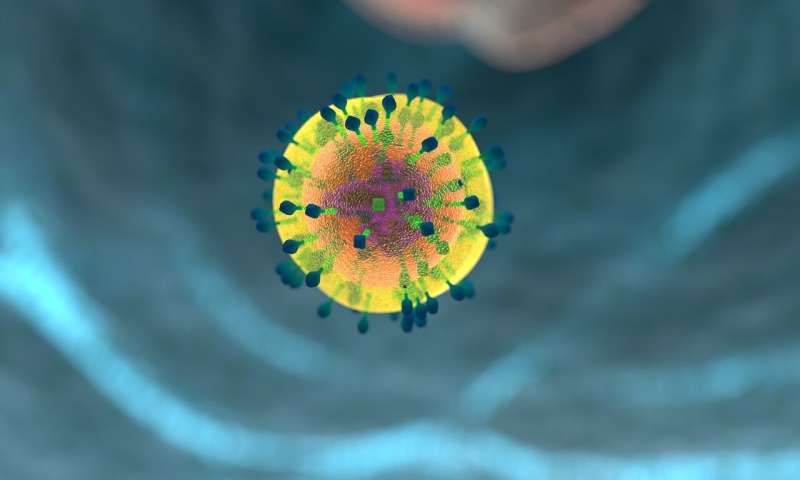Exploring the biology of 'double positive' T cells

The molecular markers CD4 and CD8—defining helper T cells and killer T cells, respectively—were once considered mutually exclusive. But "double positive" CD4+-CD8+ T cells have lately been discovered in people in various states of health. In a May study published in the Journal of Experimental Medicine, researchers led by Ludwig MSK's Jedd Wolchok and Taha Merghoub reported their findings on the biology of such double positive (dp) T cells isolated from murine and human melanoma and lung tumors.
They showed that the dpT cells are tumor reactive and arise from predecessors that initially expressed only one of the markers, but began expressing both upon antigen stimulation of their T cell receptors (TCR). Upon such stimulation, predecessors of CD4+-derived dpT cells step up expression of a gene that establishes CD8 identity, and other genes involved in the destruction of their cellular targets. CD8+-derived dpT cells, meanwhile, begin expressing the regulatory CD4+ T cell-associated gene FoxP3.
DpT cells from lung cancer and melanoma patients who responded to checkpoint blockade therapy proved to be potent destroyers of cancer cells in ex vivo assays and bore molecular markers of such capability. Merghoub, Wolchok and their colleagues note their findings could eventually be used to identify T cells that target cancer cells and to generate polyfunctional T cells for various immunotherapies.
More information: Sara E. Schad et al, Tumor-induced double positive T cells display distinct lineage commitment mechanisms and functions, Journal of Experimental Medicine (2022). DOI: 10.1084/jem.20212169


















